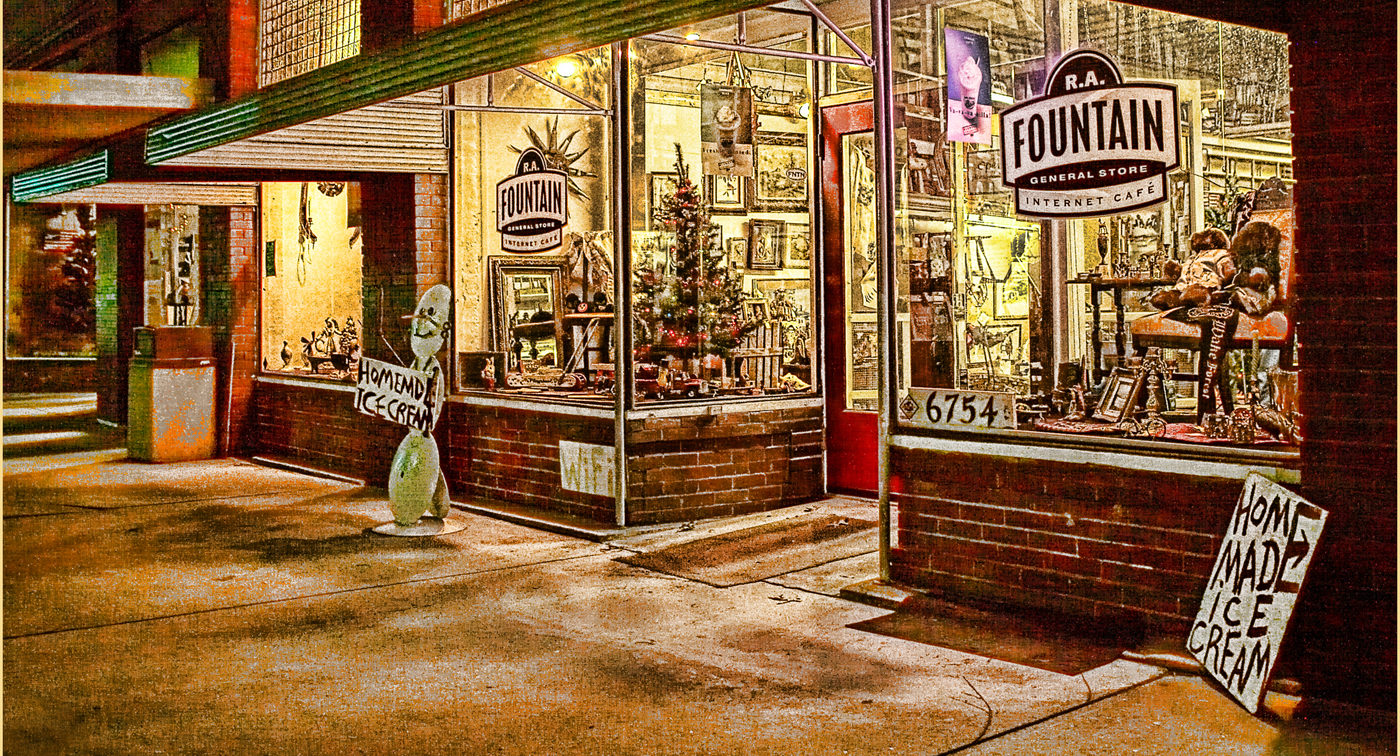History has produced plenty of incompetent generals and plenty of high-ranking traitors, but few combined the two traits as well as General James Wilkinson.
When the War of 1812 started, Wilkinson was the senior ranking military officer in the United States. He was also a thief and a con man, who monkeyed around with supply contracts and later ran some real estate scams.

During the American Revolution, he conspired with conniving General Thomas Conway and another incompetent, General Horatio Gates, to get George Washington removed as commander of the Continental Army. The plan failed, but Wilkinson managed to dodge any real consequences.
After Aaron Burr killed Alexander Hamilton in a duel in 1804, he was ruined politically. Vice President Burr was convinced that Hamilton and Thomas Jefferson had cheated him out of the presidency and hatched a plot to seize New Orleans so that he could invade Texas and create his own country.
He met with Wilkinson in 1805 and planned to raise money, get weapons, and men and put Wilkinson in charge of the invasion. While involved in this conspiracy against Spain, Wilkinson was also taking money as a spy for … Spain.
Burr had everything in place by 1806, but rumors were getting around Washington, D.C., that Burr was up to something. So, Wilkinson ratted him out. In an odd twist of events, Jefferson sent Wilkinson to New Orleans to protect the city.
Wilkinson and his troops robbed and looted and arrested anyone who opposed him, accusing them of being Burr conspirators. The governor of Louisiana joined him, but soon charges were filed against Wilkinson. He threw the plaintiffs and judges in jail.

Burr was arrested, but Wilkinson managed to fool most people, but not other generals. General Andrew Jackson warned U.S. officials that Wilkinson was a bad man.
What finally did Wilkinson in was the skirmish with the British at Lacolle MIll, Canada in 1814. His force of 4,000 men was defeated by 200 British soldiers. As a result, the British ended up occupying Detroit and burning Buffalo.
In 1814, he was court-martialed and despite overwhelming evidence of his treachery, he was acquitted and given an honorable discharge. It is believed by many that he was acquitted to protect several other high-ranking officers and congressmen.
He retired to Mexico and died in 1825. He had published a memoir and was awaiting a land grant from the Mexican government that never came through.
Sources:
Ayres, Thomas. That’s Not in my American History Book.
“James Wilkinson” American Battlefield Trust.

